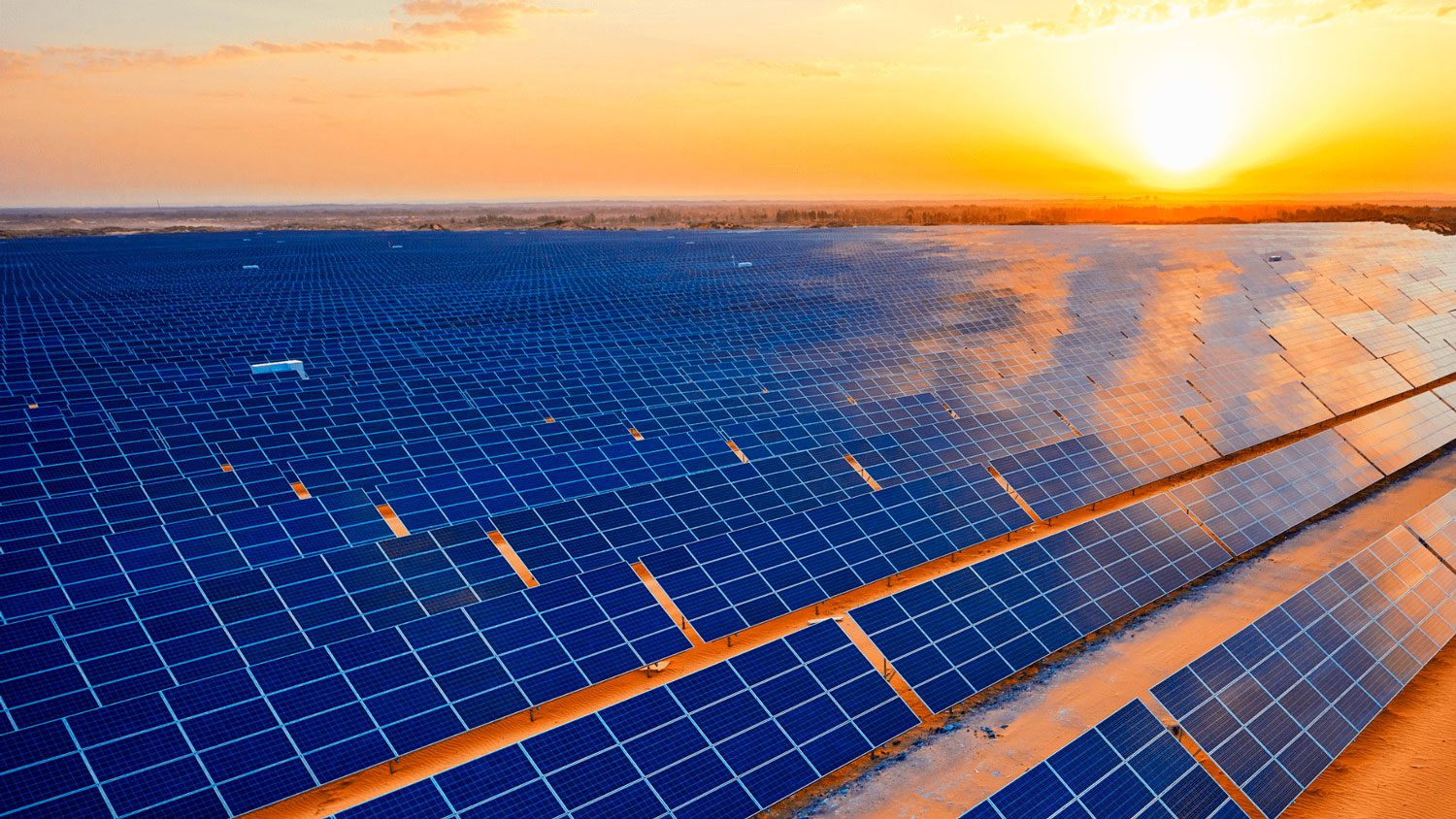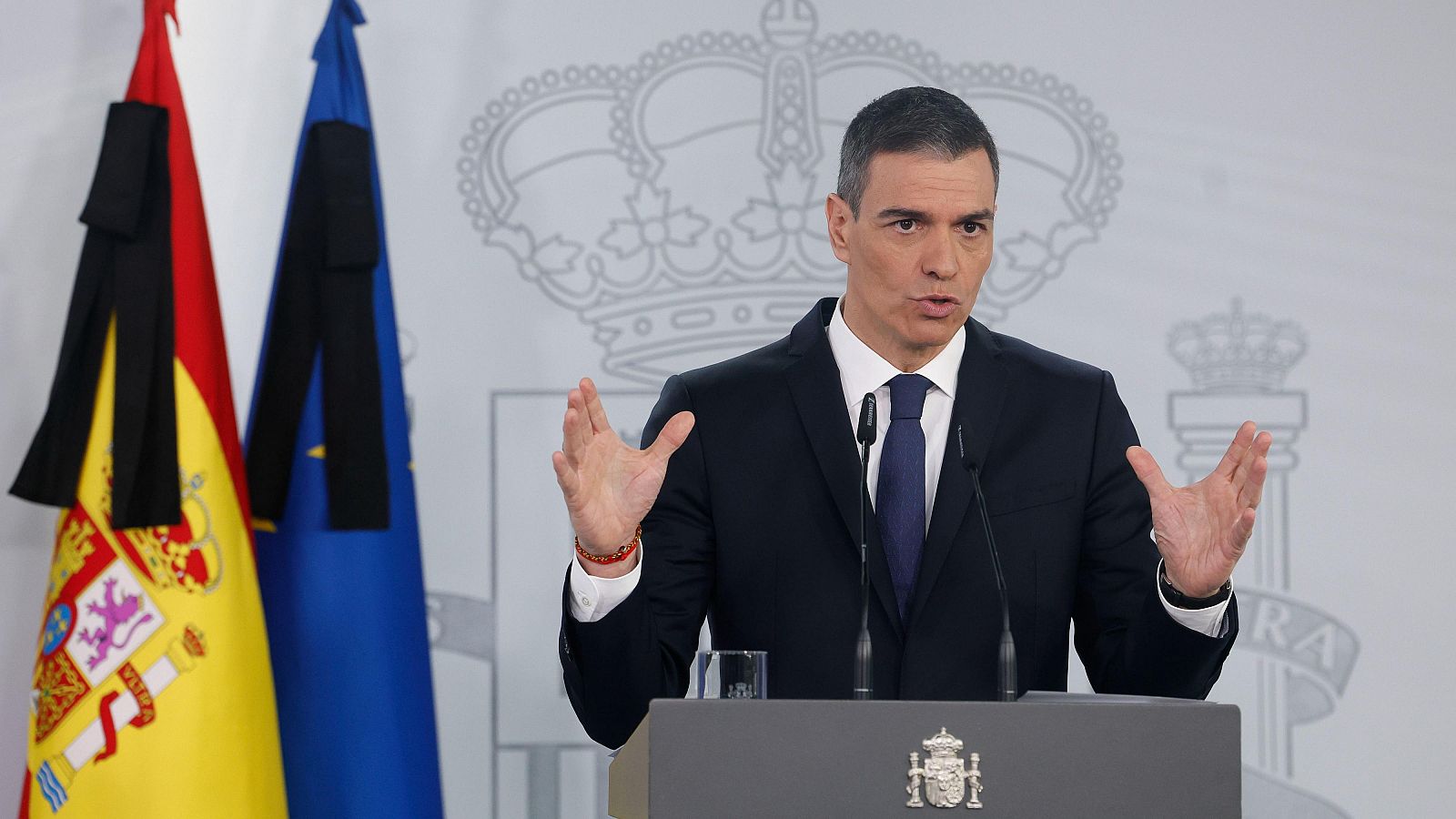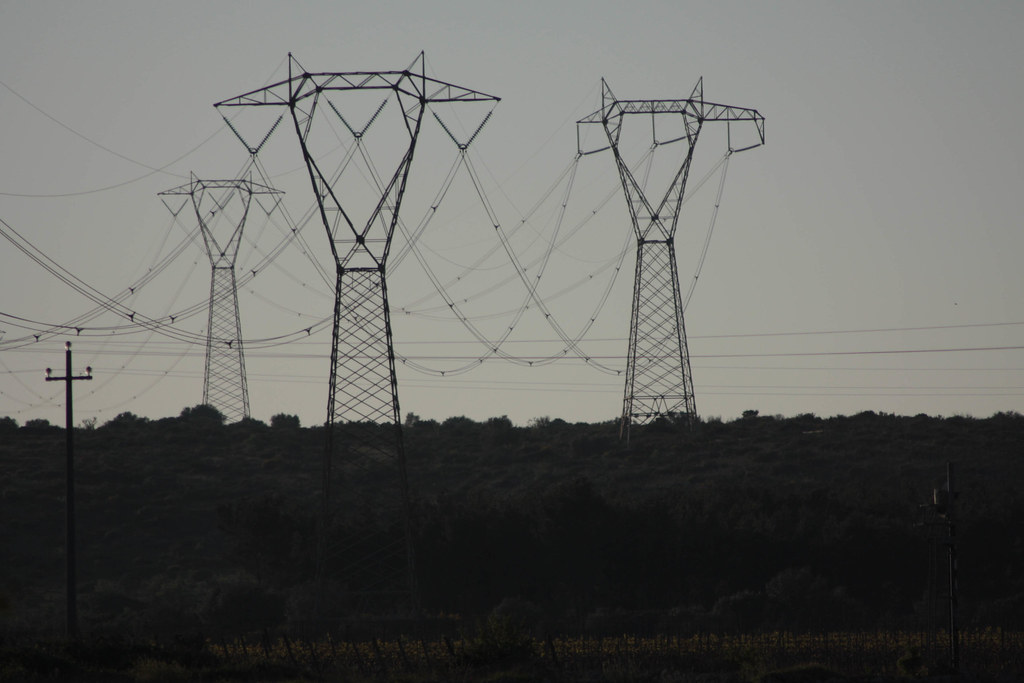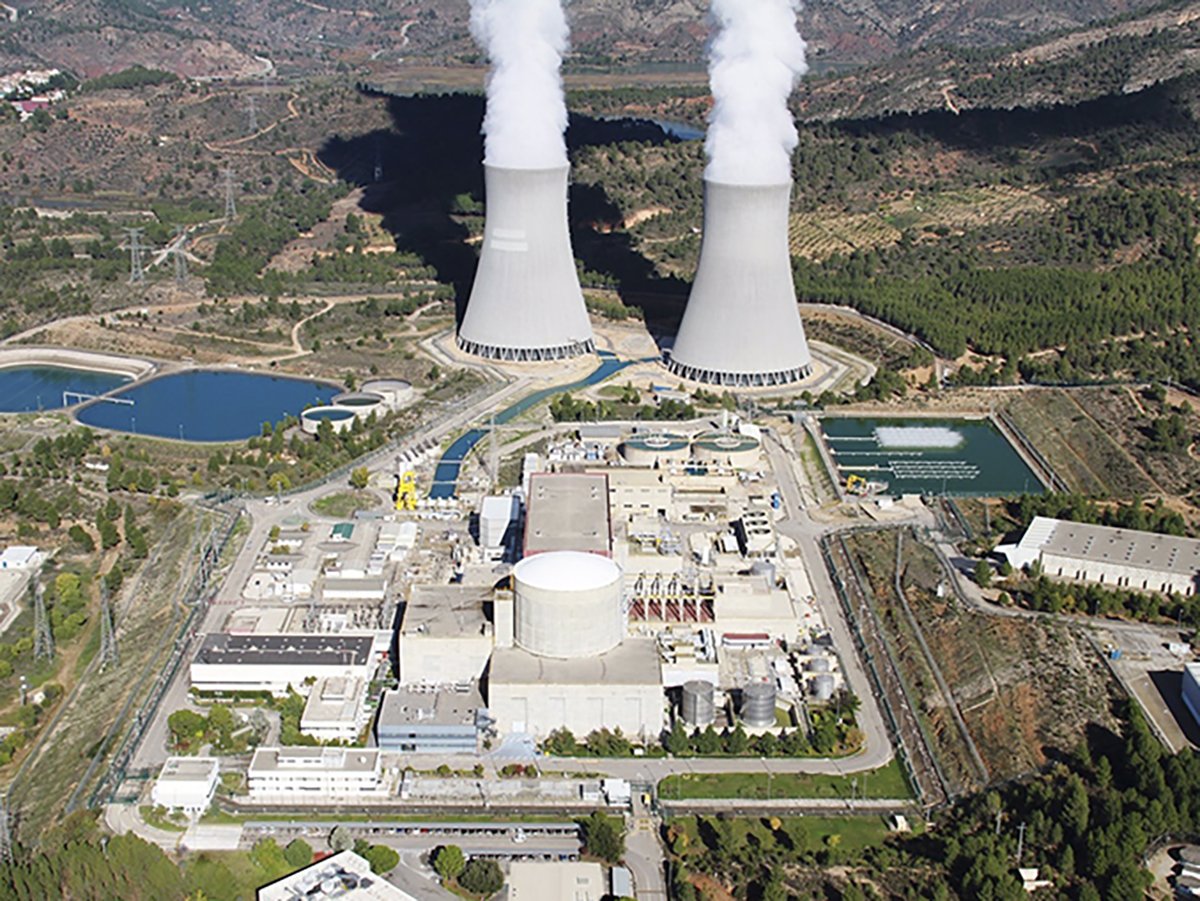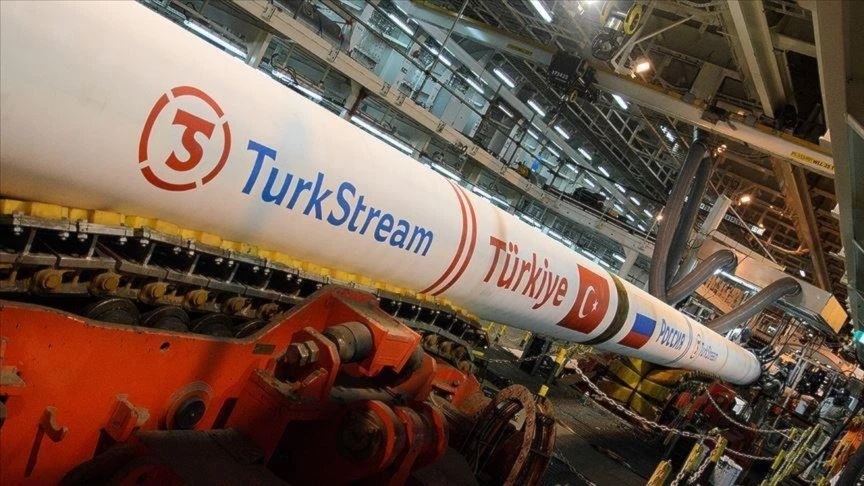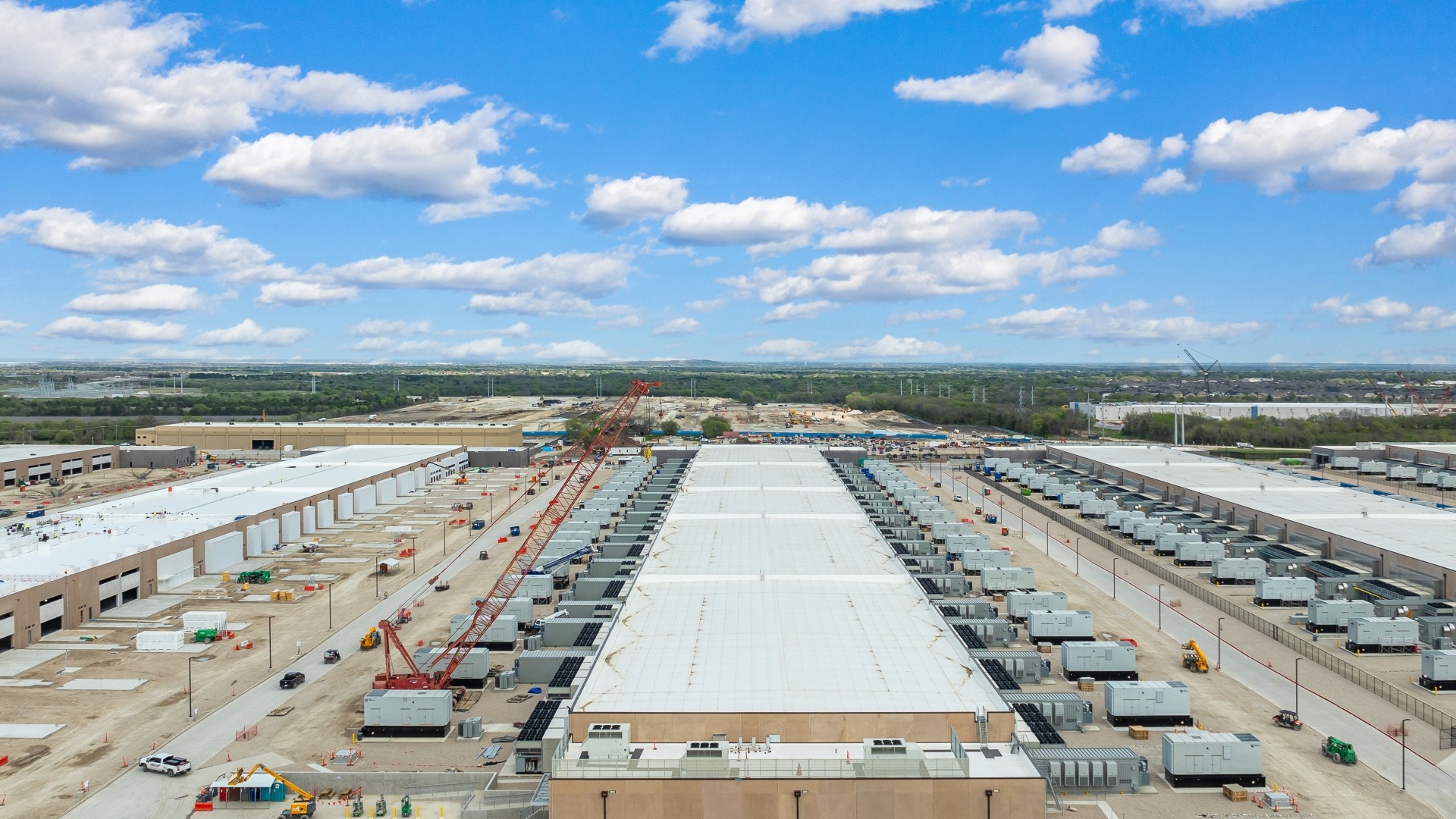Understanding Current Cheap Oil: Two Hypotheses
- Low oil prices are one of the main issues to be addressed in 2015. Some say that it will facilitate the exit to the economic crisis. That, being a trap for some producers, the others will soon end. Why do you pay the barrel that was 90 or 100 dollars 12 months ago below 50 dollars in these weeks? Here are two different, perhaps complementary, explanations.
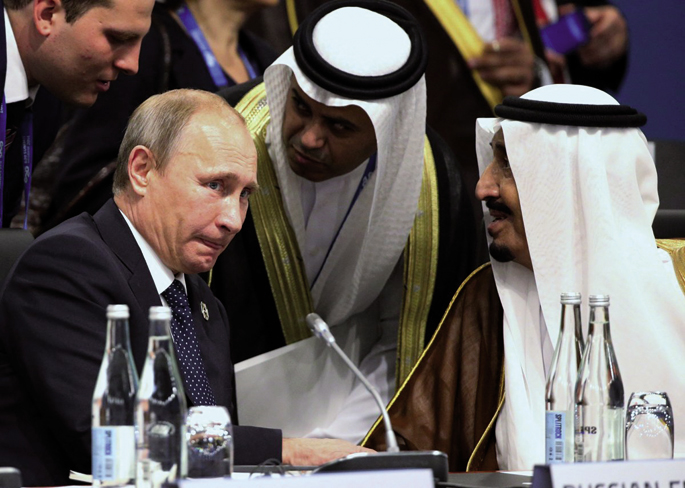
It's not going to last so long cheap, Alexander Reid Ross wrote in an interview given to the magazine 'The Ecologist'. “The fall in oil prices reflects the multi-layered conflict in the ideological, political and military realm in the Middle East, and it will not last long. After a cruel message to Russia, Iran and Venezuela, oil companies in the North Atlantic will return to their usual profits and unconventional dangerous projects.”
Reid Ross runs Earth First! The Grabbing Back has been posted on the web and recently: Essays Against the Global Land Grab The article published by The Ecologists summarizes the arguments of those who analyze the reduction of oil from the point of view of geopolitics.
For starters, almost everyone agrees that lower prices respond to oversupply. The decline in fuel demand in the drowned economies in the global crisis since 2008 has made supply too high. Starting to lower prices, it has been the first to notice the shocks among the producers that have created the most expensive fuel, those that work with fracking technology.
Reid Ross has highlighted three of the geopolitical reasons mentioned, which lie behind these low prices. Some understand this curious decline in oil within geopolitical tensions within the Organization of Petroleum Exporting Countries (OPEC).
Others have clearly underlined the influence of Russia’s foreign policy. The phenomenon of the Army Signal Network cited by The Economist: In recent decades, oil has gone down so immeasurably every time Russia has intervened militarily abroad.
And then there are those who think that the United States is behind everything, that Saudi Arabia makes it a servant; that's what Indian Vijay Prashad calls "dispossession by manipulation," expropriation by manipulation.
Reid Ross, without taking his predecessors right, believes that the real problem lies in the war in Iraq and Syria. “The collapse of the oil price in Iraq is affecting Iraq: It prevents Iraq from fighting the Islamic State (IS), while IS is comfortable in Mosul, the third Iraqi city, with minimal services. The United States has achieved the greatest success in the battle against IS by supporting the Kurds in northern Syria and Iraq, but Turkey is furious because the Iraqi Kurds are collaborating with the Civil Protection Units (YPG) fighting in the part of Syria.” The battle of Kobane is the main example.
Turkey would want more to see an autonomous Kurdish government on its land. That's why he works so generously with IS. According to Reid Ross, if the Kurds fail to cut their way to the IS, the price of oil will rise again, because that is what the big producers are interested in.
Reid Ross, who writes from environmentalism, has a clear message for those who hope that cheap oil will stop technologies as expensive as fracking, without the struggle of the people: prices will rise soon and the multinationals will stay in it.
Benefits in $100
Arthur E, advisor to big oil companies. The geologist Berman sees nothing but a short-term economic calculus, marginalized from geopolitics and from what he calls “conspiracy theories.” Berman's interview can be read in the Energyskeptic space: “The Real Cause Of Low Oil Prices”.
Berman represented the fund with a brief dialogue between two Heads of State: “Saudi Arabia met with Russia before the November OPEC meeting and proposed that if Russia reduced production, Saudi Arabia, Kuwait and Emirates would do the same. Russia said ‘no’ and Saudi Arabia said: ‘O.K., you may not respond the same in six months’.
For Bermam this is only the result of short-term calculations. “The Saudis are good at money and arithmetic. It was a painful option, that is, to lose money by keeping production and selling the barrel at 60 dollars, or to take two million barrels out of the market and lose more money. If they are lost in both cases, they have deviated along the road that has caused the least damage to us. If then there are secondary reasons, harming fracking oil producers in the United States, or hurting Iran and Russia, that was also going well, but it was essentially a matter of money.”
In Berman's view, oil will again become more expensive this year, probably when the OPEC countries meet in June and decide to cut production.
If anyone has thought that with this price reduction, fracking centred companies are going to quit their jobs, Berman thinks they're wrong. Fracking fever begins again with the rise in oil, which is no longer enough.
It is a critical guarantee with many who boast about the profitability of fracking. The deposits excavated with these techniques require oil to be at $90 to attract capital, although its propaganda has spread the idea that they are also profitable for $60. “Those who mention these prices do not count on costs other than drilling and oil transformation, forgetting the rest of the burdens.” And in the hidden costs, Berman does not take into account damage to the environment or to human health, or many more, relate directly to the activities of the companies.
Some have seen in recent months the opportunity to refute the famous Peak Oil. Berman, however, has no doubt: “Many think that the rise in oil production in the United States shows that Peak Oila was wrong. But the pinnacle of oil doesn't mean running out of oil. It means that when you start producing the well-known conventional oil, the supplies of the future will come from more difficult or more expensive sources.”
This expert believes that conventional oil production has reached its peak in 2005-2008. In the United States, fracking gas will rise above its peak within five to seven years. And over the next few decades, natural gas will be fundamental, and much more, what Russia, Iran, Qatar and Turkmenistan have. Meanwhile, reader, be careful that oil will return for $100.
Antonio Turiel fisikari eta CSICeko ikerlariak aspaldiko urteetan ez bezala bete zuen Hernaniko Florida auzoko San Jose Langilearen eliza asteazkenean. Zientoka lagun elkartu ziren Urumeako Mendiak Bizirik taldeak antolatuta Trantsizio energetikoaren mugak izeneko bere hitzaldia... [+]
Energiaren Nazioarteko Agentziak (IEA) astelehenean argitaratutako txostenaren arabera, %2,2 igo da energia eskaria 2024an aurreko urtearekin alderatuta, besteak beste, egiturazko arrazoi hauengatik: beroari aurre egiteko argindar gehiago erabili beharra, industriaren kontsumoa... [+]
Eusko Jaurlaritzak eta Arabako Foru Aldundiak Datu Zentroen instalazioei ateak irekitzen dizkiete horiek arautzeko legedia sortu aurretik. Bilbao-Arasur Dantu Zentroarekin, bere lehen fasea gauzatuta, eta instalatzea amesten duen Solariaren Datu Zentroarekin, 110.000 m2... [+]
Espainiako Estatuko zentral nuklearrak itxi ez daitezen aktoreen presioak gora jarraitzen du. Otsailaren 12an Espainiako Kongresuak itxi beharreko zentral nuklearrak ez ixteko eskatu zion Espainiako Gobernuari, eta orain berdin egin dute Endesak eta Iberdrolak.













